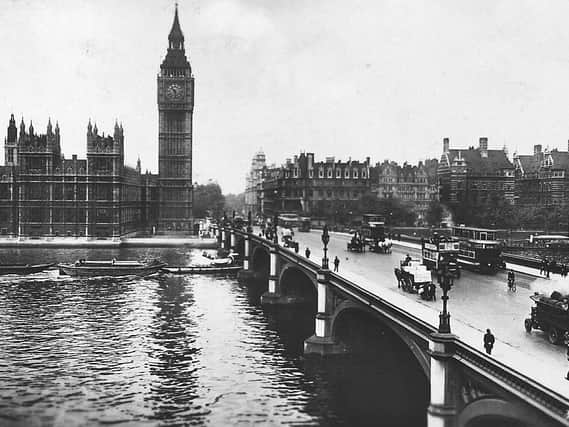THROUGH THE ARCHIVES: Conservatives hail 'glorious' triumph as Hugh de Grey in Antrim election


The Conservatives of Antrim were in buoyant mood this week in 1869 after the return of their candidate Hugh de Grey in the recent by-election, reported the News Letter on this day in 1869.
De Grey (later to elevated to the Earl of Yarmouth in August 1870) had seen of the challenge of Sir Robert Shafto Adair, the Liberal candidate, in the by-election to win with 5,588 votes or just over 70 per cent of the ballot to Adair’s 2,294 votes which represented just over 29 per cent of the votes.
Advertisement
Hide AdAdvertisement
Hide AdOn this day in 1869 the News Letter published a comment from the victorious Conservatives.
It read: “Captain Seymour owes his splendid triumph to the hearty goodwill that prevails in Antrim between the landlords and their industrious tenants; and, also, to the strong bond of union that binds together in brotherly concord and co-operation the Protestant electors of all denominations.”
The paper continued: “The great majority of the electors are Presbyterian and right nobly have they acted. The Presbyterians of Antrim cherish strongly the principles of Knox, of Chalmers, of Cooke; in fact nine-tenths of the whole Presbyterian laity are supporters of Conservatism; they hold the political sentiments their renowned ancestors contended for at Derry and at the Boyne; and although many of their ministers prefer political alliance and co-operation with the Romish priesthood rather than be identified with Conservatism, nevertheless their people generally loathe such ‘unholy alliance’ and they scorn all union with the priests.”
The report concluded: “All honour to the great, prosperous and Protestant County of Antrim! May it ever be a stronghold of civil and religious liberty; and may its gates never be thrown open to Radical, Romish and revolutionary aggressors!”